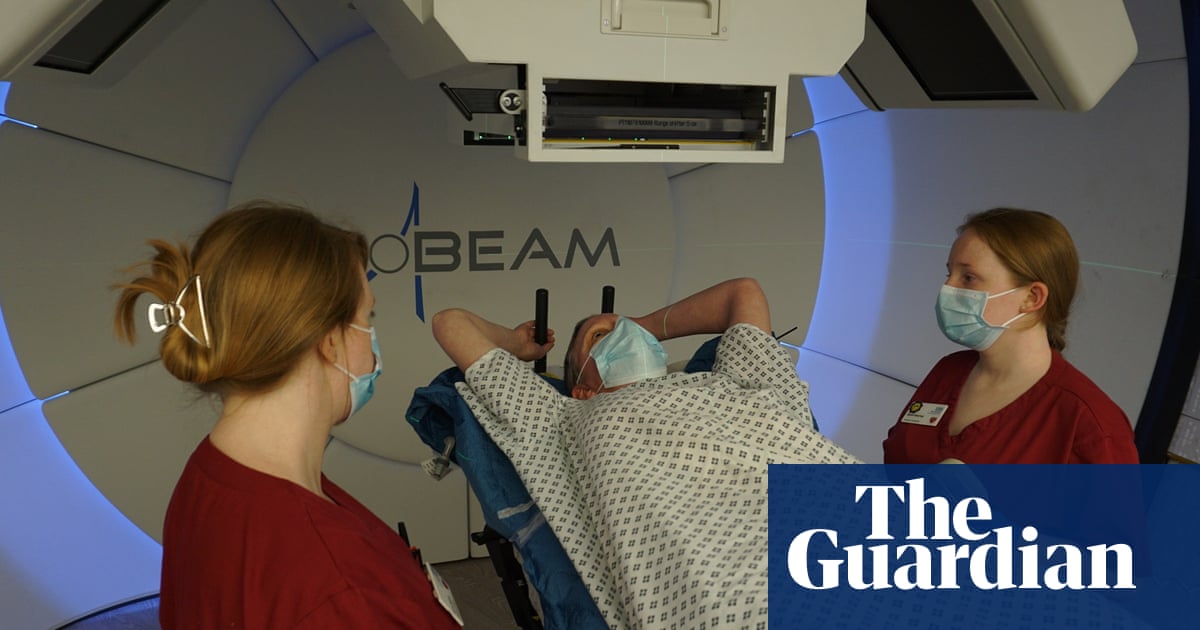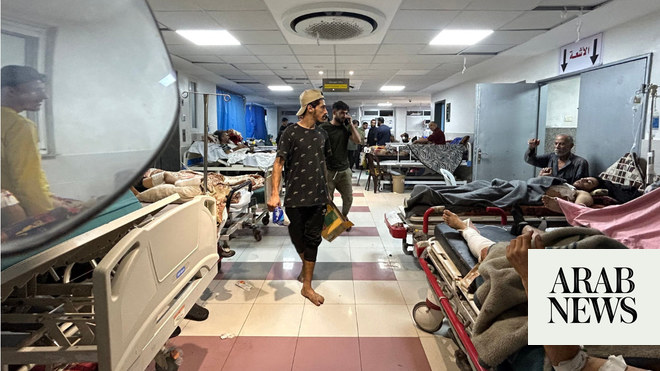
The black-and-white checkered floor of the taxi looks a bit like home flooring. The seats are yellow, purple and orange leather, while the pea-green interiors are plastered with daisy stickers. When riding in the cab, passengers can play with plastic swords and a megaphone, or make soap bubbles.
Welcome to Milano 25, the Florentine taxi that for 16 years has offered free travel, by day, between a pediatric hospital and the homes of young cancer patients — and, in the evening, carried regular clients around Tuscany’s main city.
Its soul and operator, Caterina Bellandi, 52, is better known in Florence and across the country as Zia Caterina (Auntie Caterina). She drives her Chrysler taxi wearing a flashy green-and-azure cloak topped by a straw top hat decorated with pompoms, and fabric roses and gerberas. An army of little bells sound at the movement of her wrists and of her necklace, a polka-dot rosary of yellow, orange and red.
“This is not a show,” she said, looking in the rear mirror through her fluorescent glasses. Her warm smile was accented by her red lipstick. “My children may be sick, but they can and have to be happy.”
Ms. Bellandi’s partner, the original owner of Milano 25, died prematurely in 2001. His taxi license was his legacy to her.
“I found such a profound love in him and in his death that I decided to make his taxi live on,” she explained. “I wanted to pay homage to him, making his Milano 25 the most wonderful cab in the world, so special to be remembered by anyone.”
Ms. Bellandi surely succeeded. With a sense of style reminiscent of Mary Poppins, she and her taxi are one-of-a-kind.
Not even Patch Adams, the American doctor in a clown suit whom she highly regards for his work with sick children, could get her to wear the outfits that those attending his clown tours in hospitals worldwide usually put on. In 2007, she drove 1,800 miles from Florence to Moscow to attend his course in clown therapy, but she refused to wear a red nose.
“I am not a clown,” she explained. “I am a taxi driver. So I do taxi-therapy.”
Her creative idea initially ran into city rules. Taxis usually look alike here, and hers carries unusual items, like a stuffed figure of Disney’s dwarf Grumpy on the passenger seat.
The local authorities also objected to the pictures she glued to the windows, saying they could hamper the driver’s view. After getting multiple tickets, she complained vigorously.
“She is an extraordinary engine of solidarity and I felt her city should help her a little,” said Eugenio Giani, now president of Tuscany’s regional cabinet, who interceded for her with the municipal police.
He is planning to recognize Ms. Bellandi as “Tuscany’s Solidarity Ambassador,” an honorific title signaling the region’s institutional backing.
“She is capable of involving ill children in anything, from soccer matches to trips abroad, and she does it from one child to another, nonstop,” Mr. Giani said. “She puts a positive spell on them.”
Ms. Bellandi is not only a taxi driver for these young patients, but a friendly presence throughout these challenging moments of their lives. She visits families in their homes and arranges vacations. She takes sick children to watch sports games and shake hands with their sports heroes, and has even taken some to the Vatican to meet Pope Francis.
A generous network of people helps Ms. Bellandi. A Florentine bakery donates a crunchy flatbread and pizza that even patients undergoing chemotherapy can swallow. Mothers sew her cloaks. A designer fabricates her extravagant hats.
She is so well known these days that some parents of children who are battling serious illnesses search for her on the internet. A new version of the Monopoly board game that has famous figures of Tuscany on the play money includes Ms. Bellandi.
“I was desperate and I was looking for support,” said Francesca Scaturro, mother of Giulia, a 5-year-old who had an aggressive form of brain cancer. So she wrote an email to Ms. Bellandi’s website.
Ms. Bellandi showed up in style at the hospital where Giulia was being treated. She brought pizza with her and insisted that Ms. Scaturro, 34, have a slice.
Ms. Bellandi became a frequent presence during Giulia’s year of treatment, spending weekends with her and other families facing similar medical challenges, and even coming on a holiday in Sicily last summer.
She is now considered a family member, Ms. Scaturro said. Giulia calls her “Auntie.”
“It is enough just to see her,” Ms. Scaturro said. “Her hug is everything to me.”
The New York Times












